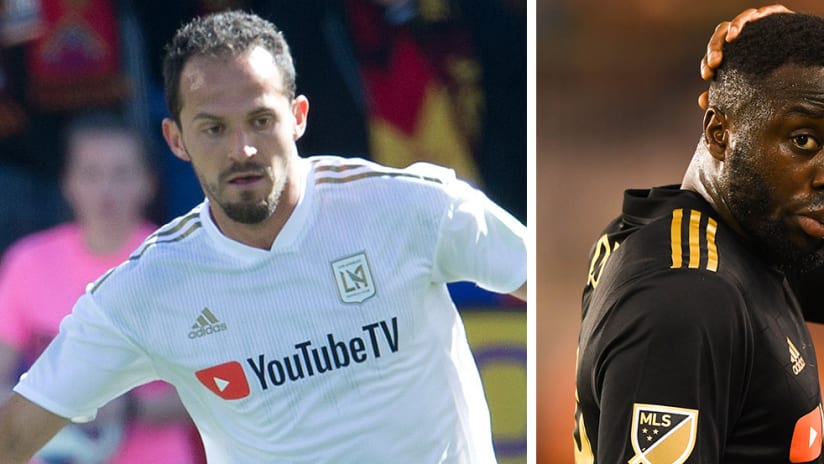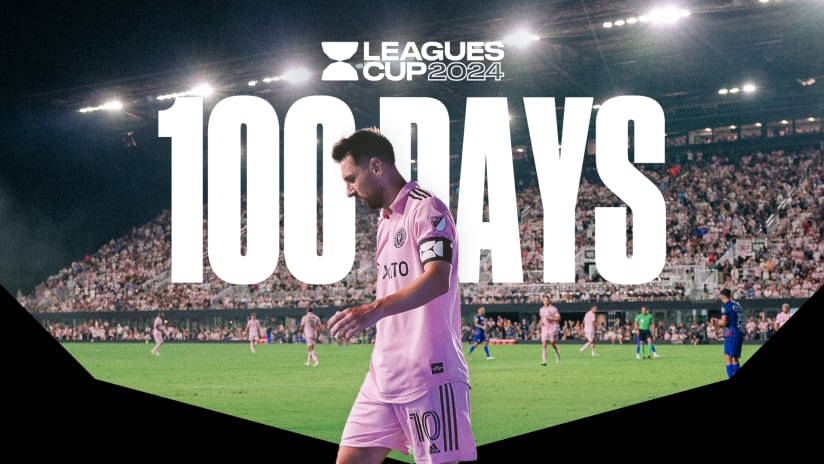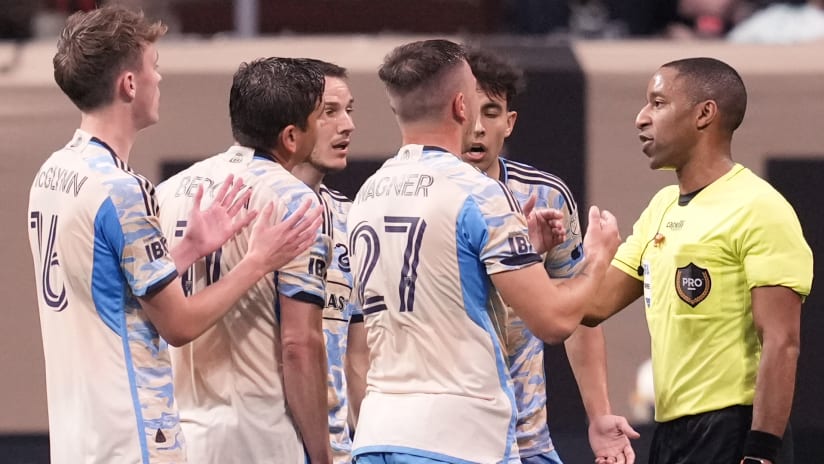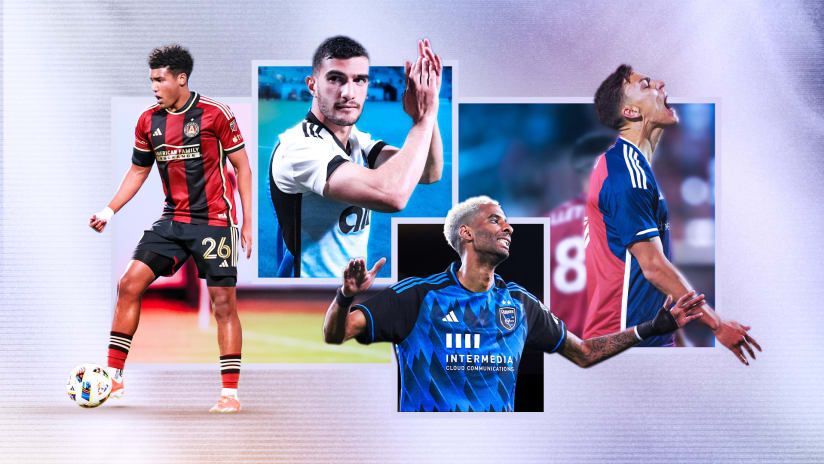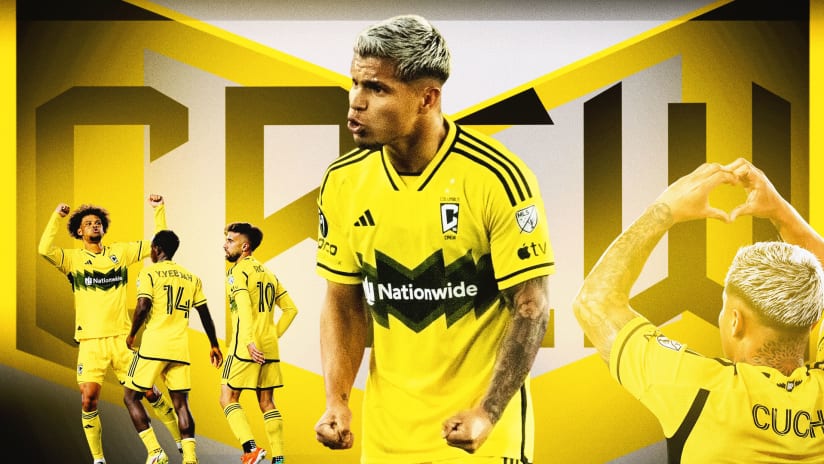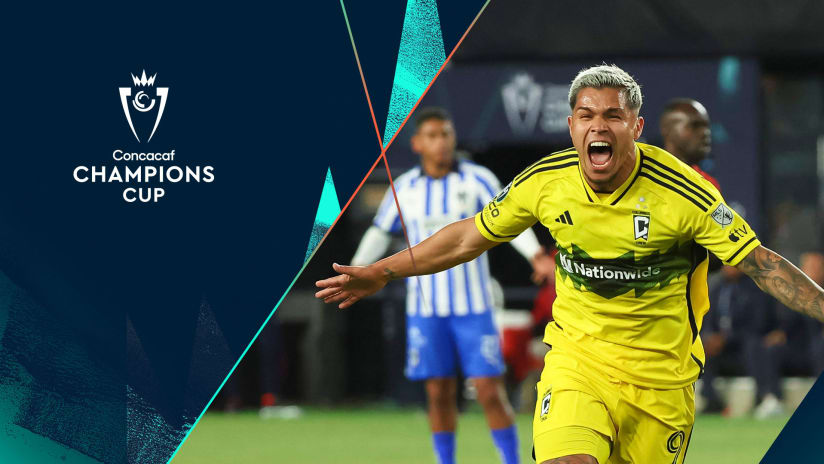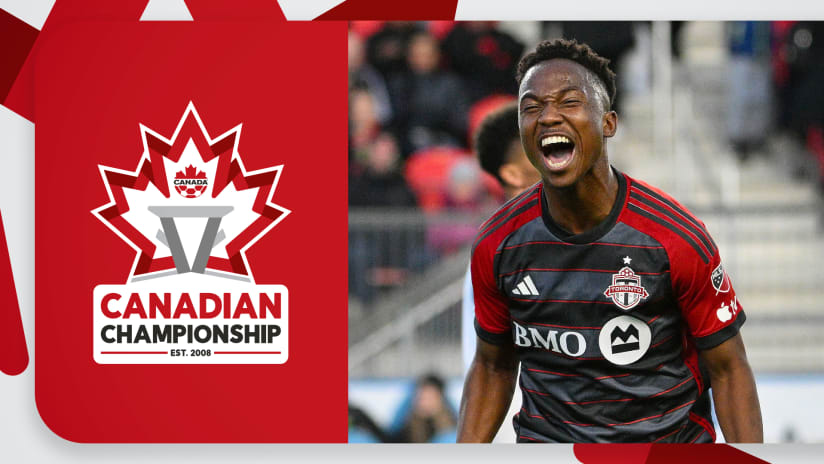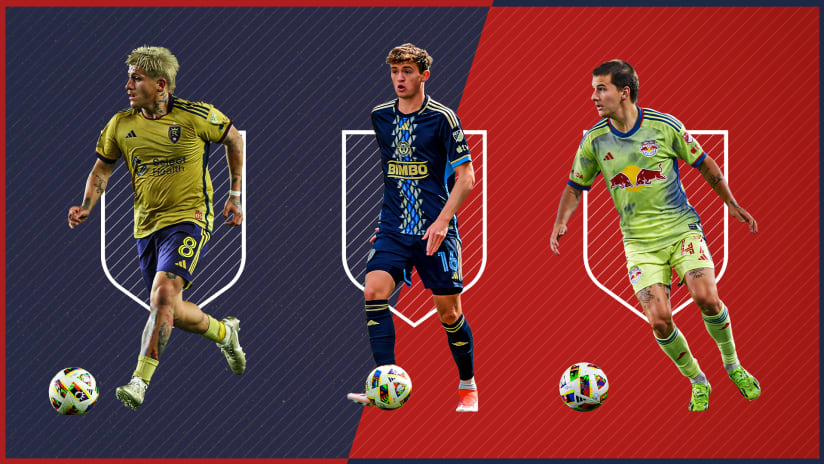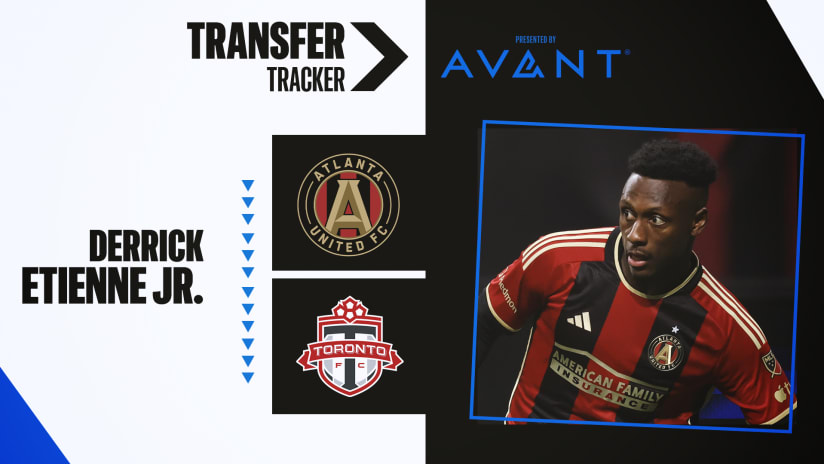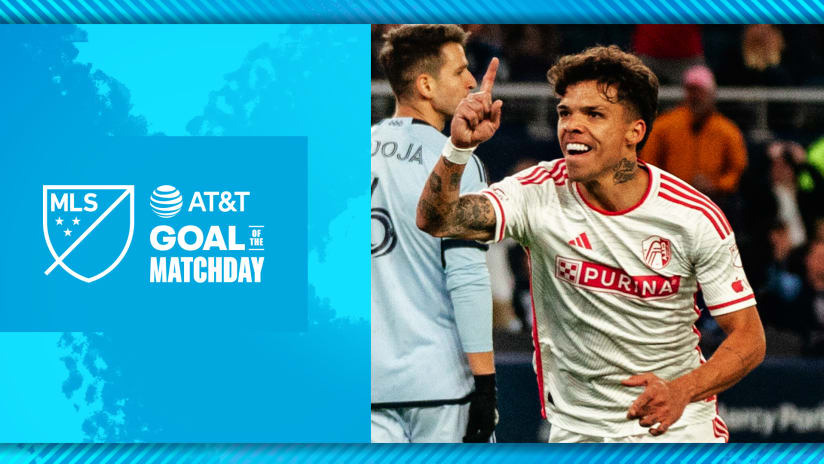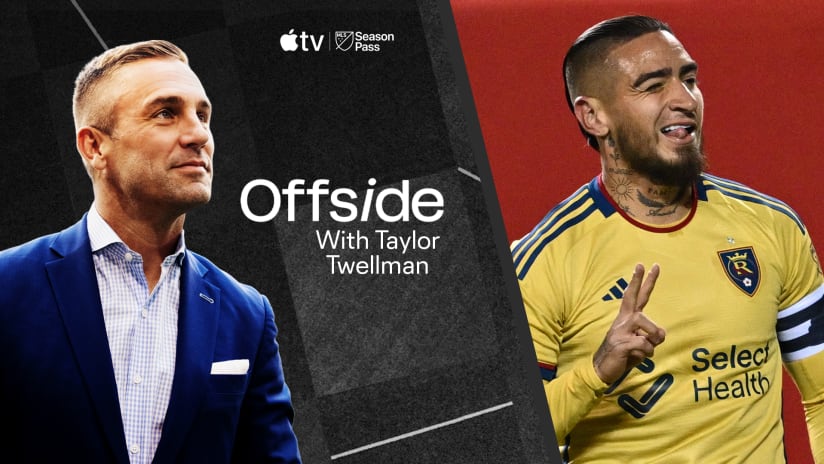LOS ANGELES – When LAFC released their starting lineup before Wednesday night’s U.S. Open Cup quarterfinal against the Portland Timbers, two things were clear: The team was built to attack and Marco Ureña was going to lead the charge.
“The good thing is that on different nights, we can have slightly different ways of going about it,” said coach Bob Bradley about his approach to his side’s 3-2 victory. “For tonight, I thought it was great.”
If we rewind to the early stages of the season, Ureña’s inclusion wouldn’t have come as a surprise. Through the expansion side’s first seven matches, the Costa Rican international was in every starting XI.
And for good reason.
Ureña wasn’t scoring goals, but his presence — whether directly (5 assists) or indirectly — certainly helped LAFC find the back of the net. Per Opta’s statistics, LAFC scored 2.4 goals per 90 minutes with him on the field.
Then, Ureña suffered a facial fracture during Banc of California Stadium’s christening match on April 29 and LAFC’s offensive productivity fell to 1.2 goals per 90. The Costa Rican led the league in chances created from open play per 90 minutes before he was called in for World Cup duty.
Naturally, questions were raised about how LAFC fare with Ureña absent for so long.
Enter Adama Diomande, who joined the club in May and has gone on to score nine times in eight appearances in league play.
When Ureña returned from World Cup duty and was at last available to play another match at Banc of California Stadium — coming on as a substitute for Dio, who had scored a brace in LAFC’s 4-1 victory over Orlando City — we saw the first glimpse of how Bradley would handle having the two strikers at his disposal.
Sunday’s 0-0 league stalemate between the Timbers and LAFC was the second look, where Ureña came on as a late substitute for Benny Feilhaber to play alongside Dio.
“One of our strong suits this year has been playing with wide attackers,” said Bradley in response to whether Dio and Ureña would be playing together again in the future. “In time, there might be a day where we play a little bit of a version of a 4-4-2, or whether we want to play 3-5-2. We want to be tactically flexible, but at the same time, with the way we control games in the middle of the field, the way we can attack from both flanks, that’s not going to be the number-one way of going about things.”
Wednesday’s Open Cup tie — where Ureña started, grabbed the game winning goal, and Dio replaced him later on (scoring a goal of his own that was ruled offside) — was the third chance for Bradley’s striker experiment.
“It’s a balancing act, for sure,” said Bradley, hinting that his striker conundrum might often be more of an either/or question than one of using them together. “Unless they let us use another striker and play with 12 guys.”
After Wednesday night’s contest, Bradley expressed the team’s shared joy for Ureña’s performance — his first competitive goal for the club and his first at home — but revealed the Costa Rican striker hadn’t been himself since he came home from Russia.
“I [told Ureña], ‘Since you’ve been back from the World Cup, you have not been in a really good mood,'" Bradley said. "We need you and everybody to be in the right frame of mind all the time and sometimes in football, not all decisions go your way.’”
Bradley considers the competition for the position and the way the players react to it a lesson in team building and hopes the duel between Ureña and Dio can help build the collective mentality teams need to win titles.
“It’s not always that after a game, every single person inside a locker room is happy, because for some it’s a good night, some play, some don’t," Bradley said. "But I think we have the chance to do special things. It’s a good reminder that we need that part to be right for everybody.”

